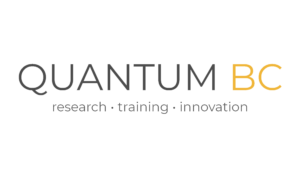Background
The Diversifying Talent in Quantum Computing (DTQC) program is a K-12 capacity building initiative that works to break down barriers of entry into the quantum industry through workshops, high school courses, clubs, and summer camps. The program, led by Lukas Chrostowski, was developed because he saw the great potential in K-12 youth to learn about and develop interest in quantum computing.
As part of the effort to bring more high school students into quantum computing, the program recently launched a Quantum Computing Masterclass. The 12-week long online course – split into two ‘levels’ – was open to students in grades 9-12+, with approximately 110 students registered, of which 55% identified as female or non-binary. The students emerged from the program with a stronger understanding of quantum computing principles, hands-on experience in coding quantum computers, connections to industry and academic mentors, and an awareness of further resources and university programs that would lead to a career in quantum computing.
Course Content
Throughout Level I and Level II of the masterclass, students learned about the fundamentals of quantum computing. By building a base understanding of how classical computers work (computing logic, gates, etc.), the instructors were able to introduce quantum analogs (quantum gates, circuits, and algorithms) more effectively. Students learned about key quantum mechanics principles such as superposition and entanglement, and worked through presentations, wrote code notebooks, and implemented algorithms on quantum simulators. Other topics covered included quantum mechanics, coding in python, quantum algorithms, quantum annealing, quantum computing hardware and quantum computing applications.
This Masterclass was the cumulative work of the DTQC team over the course of the last year. A high teacher-to-student ratio, paired with weekly “Office Hours” and guest symposiums ensured participants were provided with a level of guidance and mentorship needed to succeed in the course. The course was entirely run by graduate and undergraduate students, making it a very sustainable model for offering the course annually. The student staff developed their teaching skills while providing mentorship to students only several years younger than themselves. There were also guest speakers who came to discuss Quantum Computing research from industry and academic lenses. The course was carefully designed to incorporate active learning elements into an engaging curriculum, following best practices in curriculum development and educational pedagogy.
By the end of the masterclass, students were expected to present a final project in small groups. The project requirements were split into three buckets: a piece on theory where the presenters demonstrated their understanding of the theory and mathematics behind their chosen quantum algorithm; a coding script where the students used IBM Qiskit and Python to implement and demonstrate their quantum algorithm; and a piece on quantum hardware, where students engaged in debate over the advantages and disadvantages of various popular quantum hardware techniques, identifying which one they felt was most promising.
Throughout the course, students demonstrated their understanding of the practical aspects of algorithms (eg Shor’s, Grover’s), and were able to select and define a problem that can be solved with a quantum computer (for the final project); they developed and evaluated a solution under the guidance of the instructors, and worked on their communication skills via coding and powerpoint presentations. “Quantum Fourier Transform”, “Quantum Key Distribution”, and “Energy of triplet and singlet states in Hydrogen” are examples of their final group projects. They demonstrated their ability to write code on a quantum computer, identify their preferred hardware, and go beyond the resources given to them.
This Masterclass was possible thanks to the hard work of: graduate curriculum planners Vedangi Pathak, Hanieh Aghaee Rad, and Niloofar Zarif; undergraduate student instructor staff Gabriel Botrill; graduate curriculum volunteer Joshua Fabian; under the management of Haris Amiri and curriculum development lead of Parham Pashaei. There were also a number of undergraduate student staff and volunteers who supported the cohorts of students throughout both levels of the course.
Student Response
The goal of courses like this, and the Diversifying Talent in Quantum Computing Program as a whole, is to raise awareness, break down barriers of entry, and equip youth with the skills and ability to pursue STEM. The post-course feedback indicates that the program is on the right track in tackling these grand challenges. All students who participated in the anonymous survey reported that they were more confident in their understanding of quantum computing after having taken the masterclass. All students who provided feedback reported that they agreed or strongly agreed that they “have a better understanding of quantum circuits, gates, algorithms, and how they can be applied”, and a vast majority reported feeling more confident in pursuing a professional career in engineering, physics, computer science and mathematics. While there may have been initial concerns around bringing complex quantum concepts to the high school level, the DTQC team was pleasantly surprised and impressed at how the students were able to grasp concepts and ask insightful questions throughout the course. One grade 11 female participant had this to say about the masterclass:
“I would like to thank the instructors for taking the time to host this masterclass. I really enjoyed learning about quantum computing, and I thought the masterclass was well organized and well taught. This masterclass helped me realize that I want to pursue a STEM field in university. Thank you for helping me find my passion.”
Future plans for the course
The next step for the course is to make it more accessible and inclusive in future iterations. An approach the program is looking into is accreditation. By accrediting a course on quantum computing, high school students from across British Columbia – and hopefully Canada – will be able to learn about this field in a manner that is integrated into their high school education. Extracurriculars are not always available to all demographics, but by offering a credit towards graduation, the course can be inclusive to more youth, regardless of location or income. This type of training will contribute to the long term growth of quantum technology in Canada by introducing youth to quantum computing principles at an early stage.
Collaboration
To continue to build on the momentum created by this masterclass, and to respond to the 2021 federal budget investment of $360 million over the next seven years for a National Quantum Strategy, we invite any companies or organizations who would like to collaborate or learn more to please contact [email protected] or [email protected].
Parents, Students and Educators
Parents, students and educators who would like to learn more about the program, collaborate, or sign up for future events are encouraged to contact [email protected]. Geering Up is offering a wide array of online and in-person camps for K-12 youth, including online quantum computing summer camps for youth in grades 5-12! To sign up for Geering Up camps, please visit
https://geeringup.apsc.ubc.ca/camps/general-information/online-camps/ .
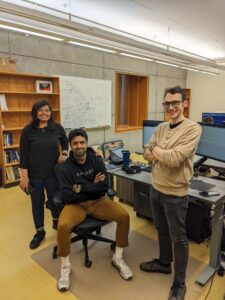
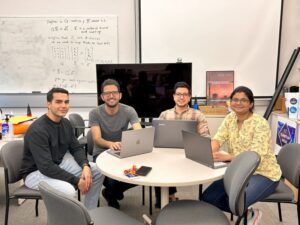
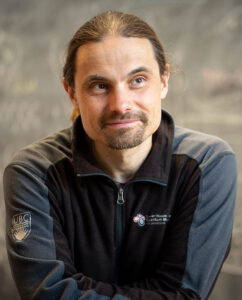
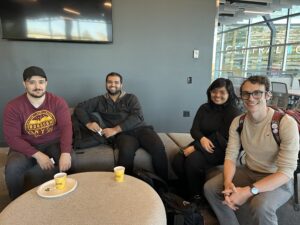
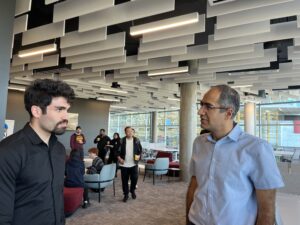
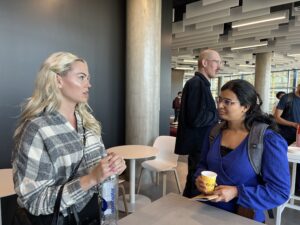
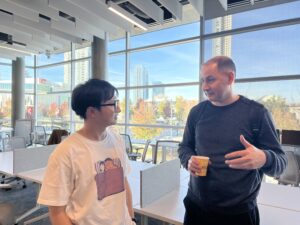
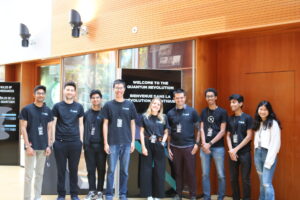
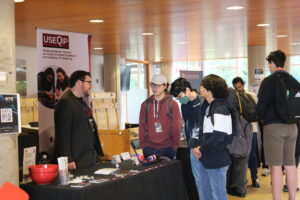
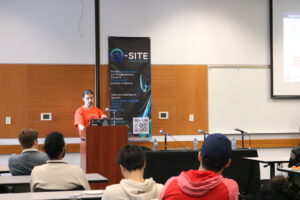
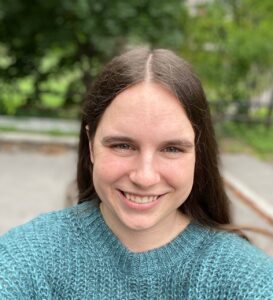
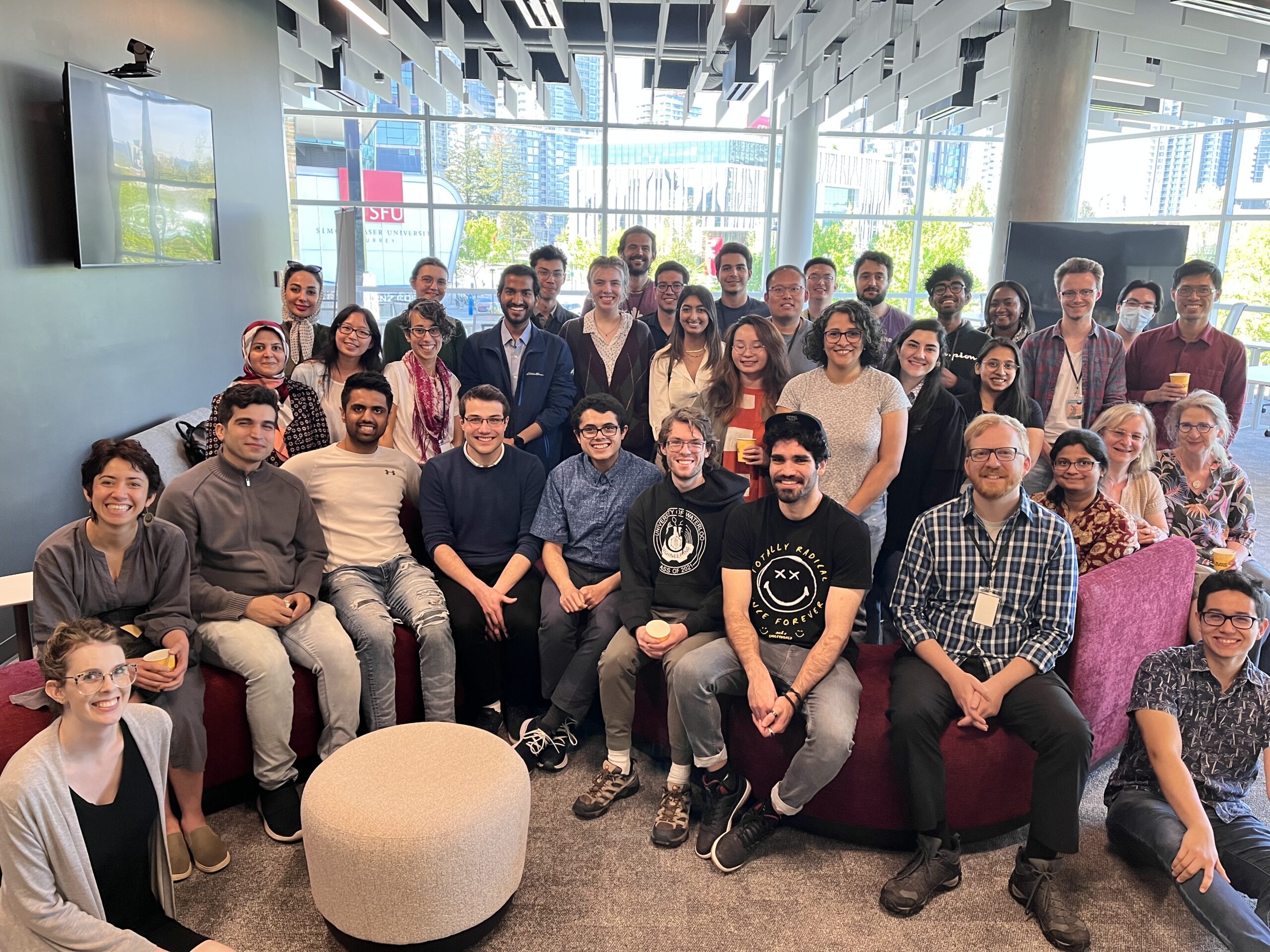
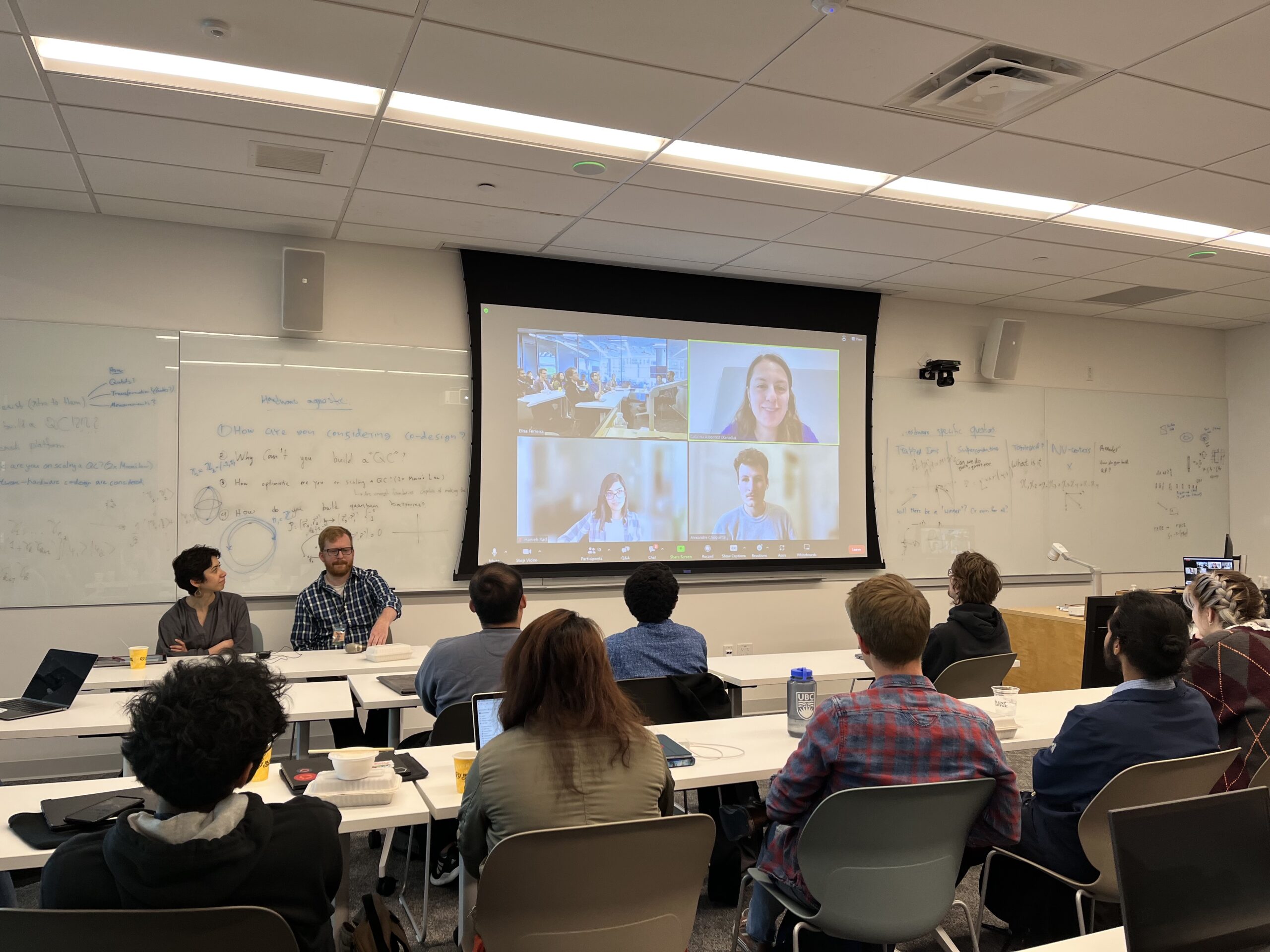
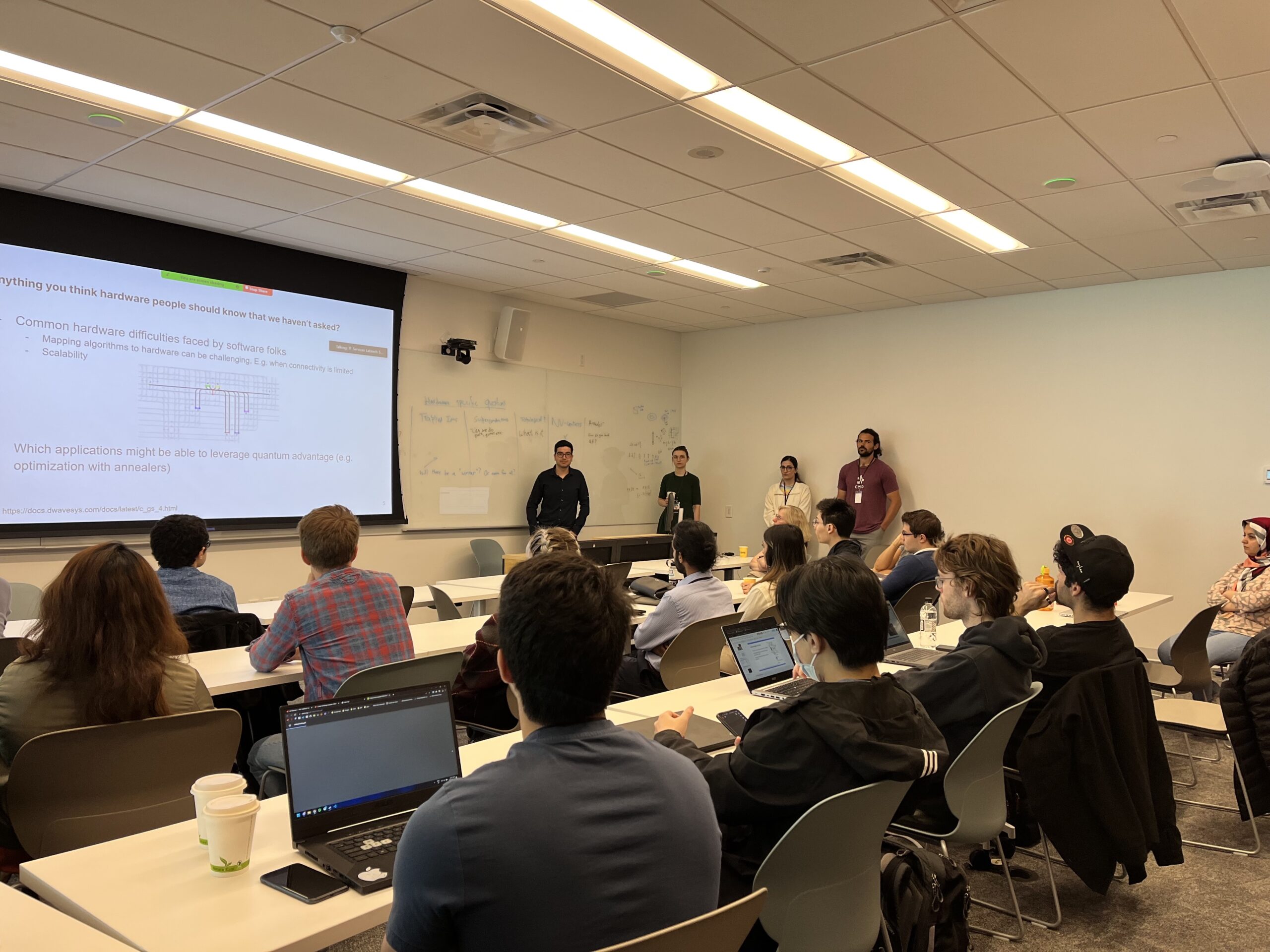




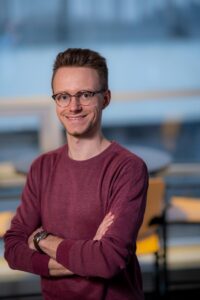
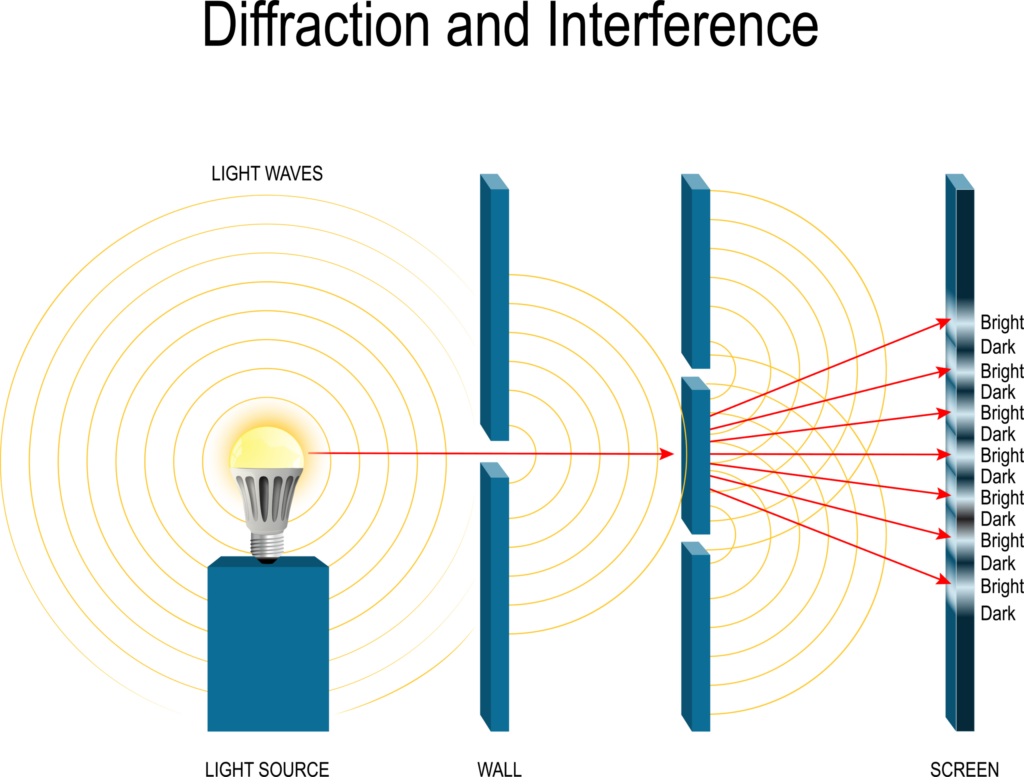
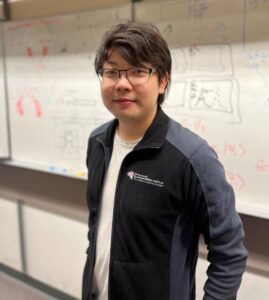
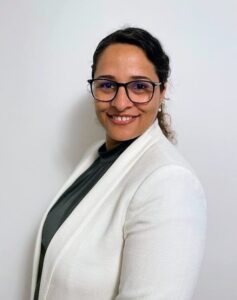
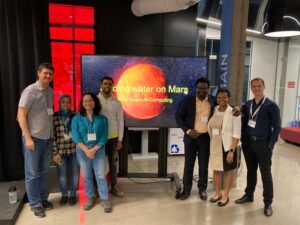
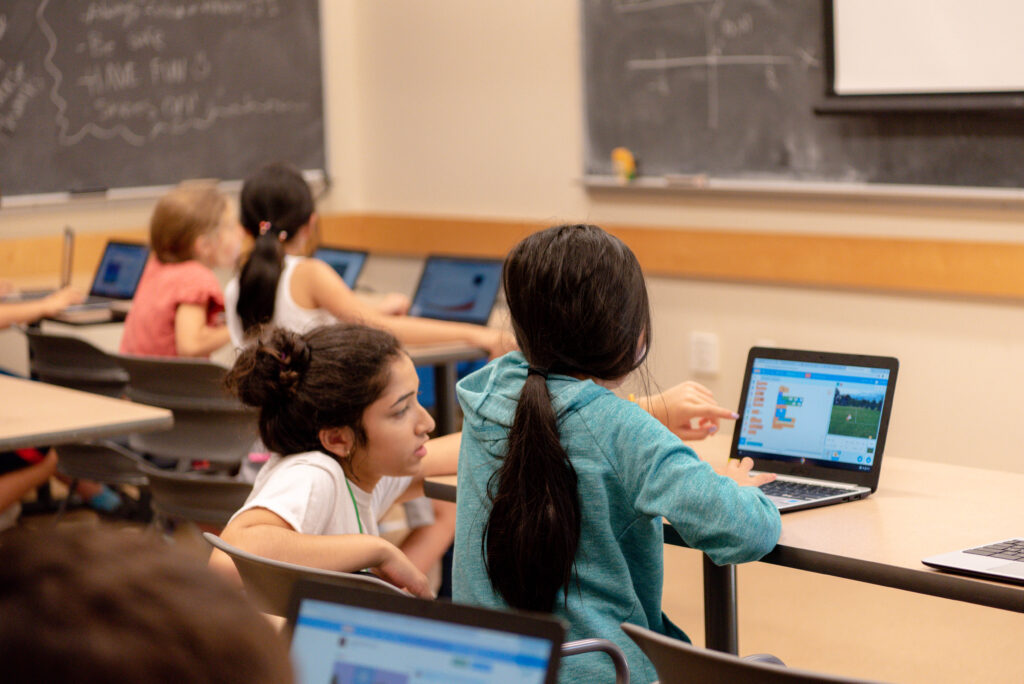
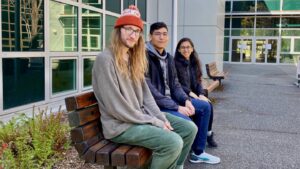
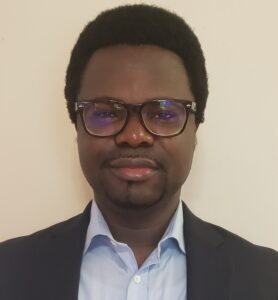
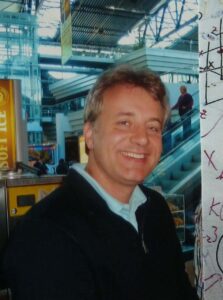 “I feel very honoured and delighted to receive the 2021 CAP-CRM prize in theoretical and mathematical physics,” said Raussendorf, pictured. “I also view it as a recognition of the fact that quantum computation needs fundamental research.”
“I feel very honoured and delighted to receive the 2021 CAP-CRM prize in theoretical and mathematical physics,” said Raussendorf, pictured. “I also view it as a recognition of the fact that quantum computation needs fundamental research.”